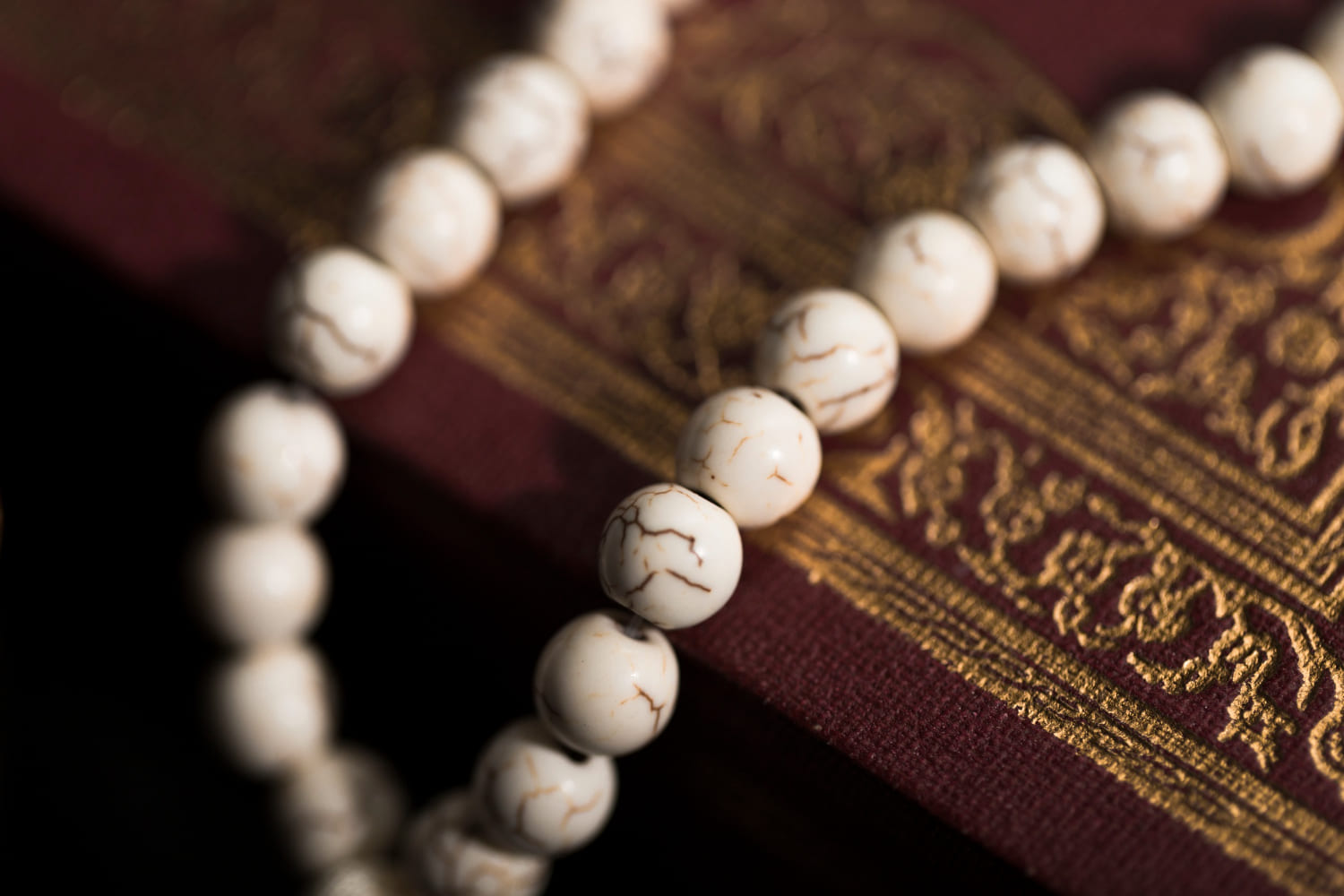The Jewish faith follows the Ten Commandments given to Moses, which are the same Ten Commandments that Christians follow. Wait a minute, do Jews believe in the Bible?
Jews do believe in the Bible. The Jewish Torah, Nevi’im, and Ketuvim make up a large portion of the Old Testament of the Bible. This shared written history of both Jews and Christians forms the foundations of both religions and the culture of the people.
How they each interpret the teachings in the Bible is where they differ.
Let’s examine the shared lineage, books, and history of the Bible that is ingrained in the culture and faith of the Jewish and Christian people.
Judaism | Bible
Father Abraham is considered the Patriarch of the Jewish people. Abraham and Sarah had a son named Isaac who had a son named Jacob who eventually had his name changed to Israel.
Jacob is the father of the twelve tribes of Israel of which one was Judah. Descendants of Judah included two powerful Jewish Kings- King David and King Solomon, along with Jesus of Nazareth.
Many historians and archaeologists reference the Bible because of this shared history and lineage. The Bible has been used as a guidebook to help them find historical artifacts that are important to both Jews and Christians.
Many disputed the life of King David until 1994 when archaeologists found an ancient stone tablet in Galilee proving his existence and further supporting both Jewish and Christian beliefs.
How are the Torah and the Bible related?
The Torah is the foundation upon which the entire Bible stands. Without the Torah or Pentateuch, the Bible would have no context.
Christians and Jews seek to understand their people’s beginnings which come from the first 5 books of the Bible and make up the Torah.
Leviticus, Genesis, Exodus, Numbers, & Deuteronomy are also known as the Pentateuch and tell the beginnings of the universe through the story of the Israelites getting their promised land.
The Pentateuch is considered the most important part of the Bible and most sacred writings for Jews because these writings have their history and the rules by which they live by.
What books of the Bible are shared by Jews and Christians?
The Torah’s five books are collectively known as the Pentateuch. They are the same books as the first five books in the Bible.
The only difference between them is the language in which they are written in.
The Torah is written in Hebrew, while the Bible was first written in Greek (but has now been translated into many different languages).
|
Book Numbers in Torah & Bible |
Torah Name- Hebrew |
Bible Name- English |
|
1 |
Be-reshit |
Genesis |
|
2 |
Shemot |
Exodus |
|
3 |
Va-yikra |
Leviticus |
|
4 |
Be-midbar |
Numbers |
|
5 |
Devarim |
Deuteronomy |
The Hebrew Canon, or Tanakh, contains 24 books appearing in both the Jewish doctrines and the Christian Bible.
Some of the more notable shared books include Psalms with a collection of 150 songs and poems, Isaiah with his prophecies, Lamentations- a collection of sad songs, and Proverbs- guidance in making wise decisions.
What Commandments in the Bible are shared by Jews and Christians?
The Ten Commandments given to Moses on Mt. Sinai are followed by both Jews and Christians. Both faiths are required to ask for forgiveness when they break the commandments.
Shared by both Jews and Christians, the Ten Commandments require that people of faith worship only the one true God without any other idols, keep the Sabbath holy, honor parents, not murder, not commit adultery, not steal, not lie, and not covet that which belongs to another.
Summary
The Old Testament of the Bible is a shared history of Jews and Christians to which both faiths look to when they need guidance in their lives.
Jews believe in the Bible just as Christians believe in the Torah. Both contain the same information and are a shared guidebook to both faiths.
Historical texts such as the Bible support the Jewish faith as well as the history of Christians. A disagreement of faith does not mean a disagreement on factual history.
Next time we will look more in-depth on the shared books of Jews and Christians.







